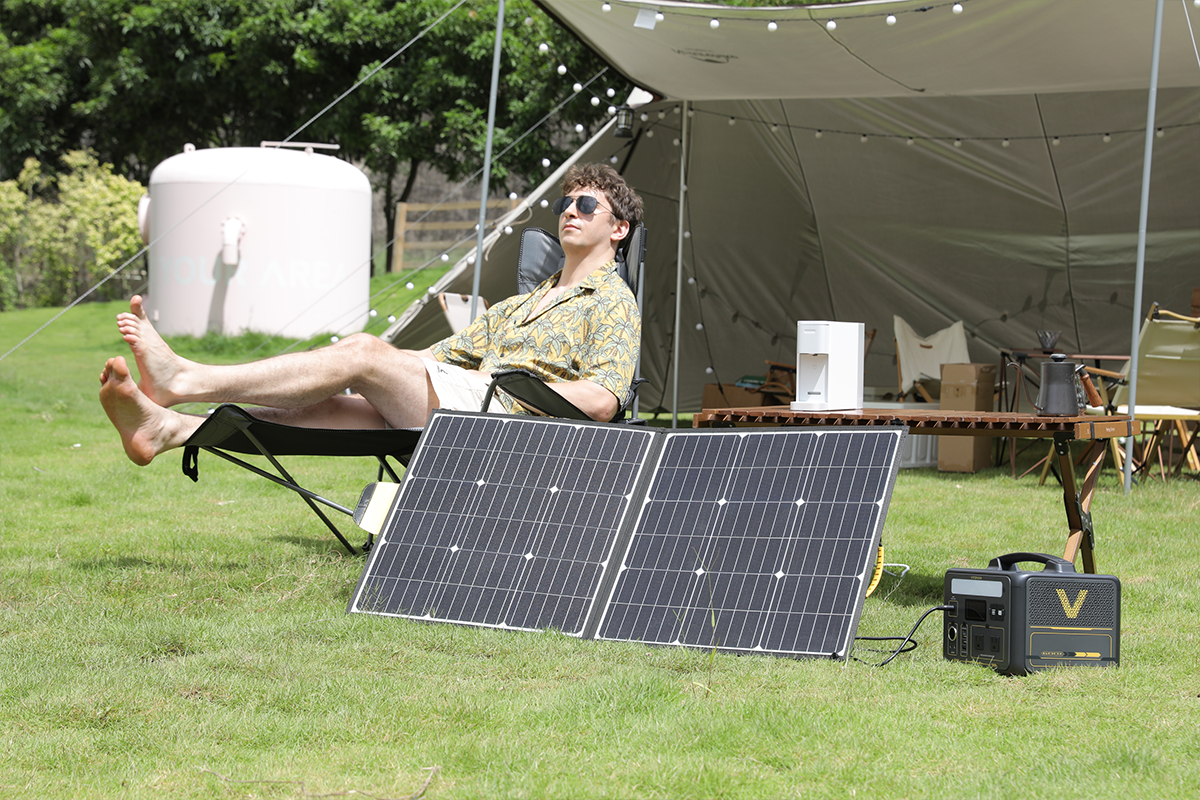Choosing the Best Camping Generator: A Comprehensive Guide
Body
When it comes to camping, having a reliable source of power is essential. Whether you need to charge your devices, power your appliances, or run your camping equipment, a camping generator can provide the electricity you need. In this comprehensive guide, we will explore the key factors to consider when choosing the best camping generator for your needs.

Understanding Your Power Requirements
Before diving into the world of camping generators, it's important to assess your power requirements. Consider the appliances and devices you plan to use during your camping trip. Are you planning to run a refrigerator, a microwave, or just charge your phone? Understanding your power needs will help you determine the wattage capacity required from your camping generator.
For example, if you only need to charge your phone and run a small fan, a generator with a lower wattage capacity will suffice. On the other hand, if you plan to power multiple appliances simultaneously, a higher wattage capacity generator will be necessary.
Choosing the Right Fuel Type
When it comes to camping generators, there are three main fuel types to consider: gasoline, propane, and solar. Each fuel type has its own advantages and disadvantages.
Gasoline generators are widely available and offer a high power output. However, they can be noisy and require regular refueling. Propane generators, on the other hand, are quieter and cleaner but may have a lower power output. Solar generators are environmentally friendly and silent, but they rely on sunlight for charging and may have limited power capacity.
Consider your camping environment and preferences when choosing the fuel type for your generator. If noise is a concern, a propane or solar generator may be the best choice. If you prioritize power output and availability, a gasoline generator may be more suitable.
Portability and Size
Another important factor to consider when choosing a camping generator is its portability and size. You want a generator that is easy to transport and doesn't take up too much space in your camping gear.
Look for generators that are compact and lightweight, with built-in handles or wheels for easy maneuverability. This will ensure that you can easily transport the generator to your camping site without any hassle.
Choosing the Best Camping Generator: A Comprehensive Guide
Now that we have explored the key factors to consider when choosing a camping generator, let's summarize the main points:
- Assess your power requirements to determine the wattage capacity needed.
- Consider the fuel type that best suits your camping environment and preferences.
- Choose a generator that is portable and easy to transport.
By following this comprehensive guide, you can confidently choose the best camping generator for your needs, ensuring a reliable source of power during your camping adventures.










Comments